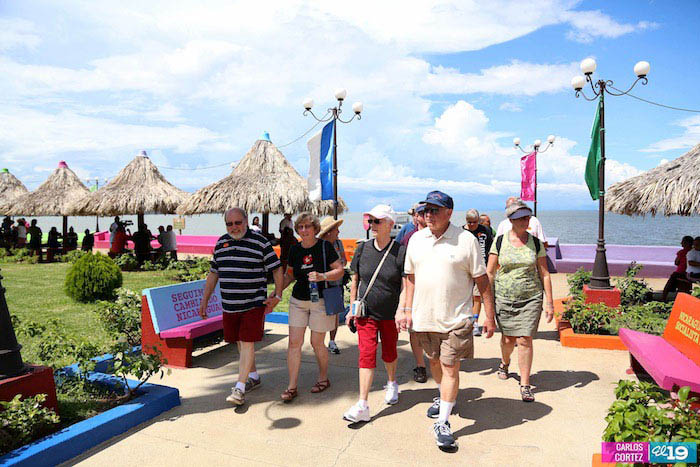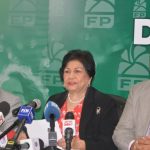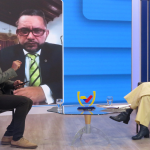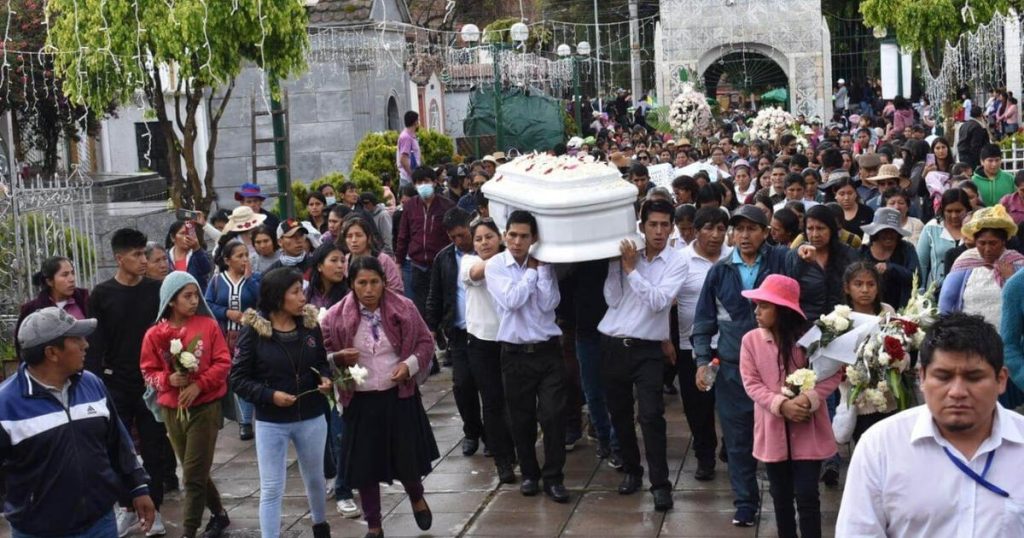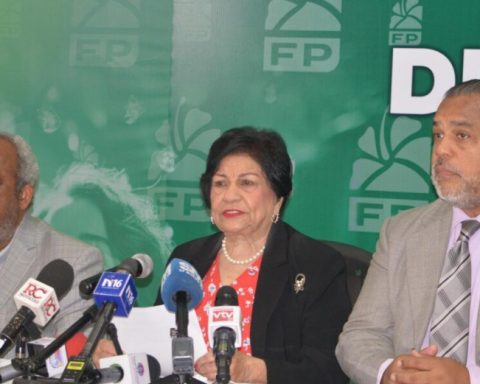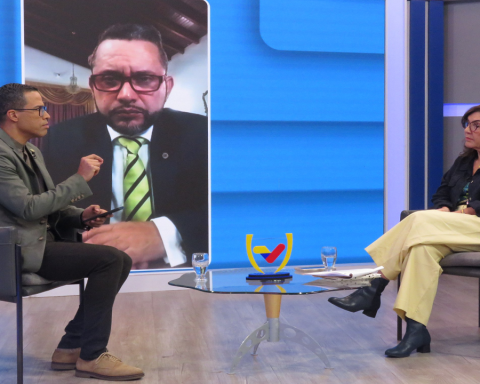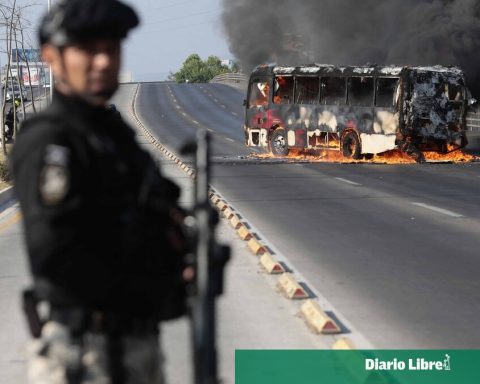Authorities in Canada, the United States, the United Kingdom, Spain and Ireland updated their travel alerts this year, warning their inhabitants of the risks they run if they decide to travel to Nicaragua, pointing out among these the sociopolitical situation that the country has faced for six years, the repression unleashed by the Ortega regime and “crime.”
The Government of Canada, on July 29, updated the travel notice for its citizens, placing Nicaragua as a country where “a high degree of caution must be exercised.”
“Extreme caution is advised in Nicaragua due to its political situation, potential for civil unrest and crime,” reads part of the warning issued by the Canadian government.
Related news: Ortega seeks to terrorize the Catholic Church by increasing arrests of priests, says Calidh
The report also notes that “Nicaragua government officials and law enforcement have severely repressed those who criticize or oppose government policies,” and recommends that citizens who are in Nicaragua or decide to travel to the country “refrain from discussing the political situation in public or online, avoid all political activities, and avoid posting information on social media.”
They also mentioned that minor crimes such as “pickpocketing and purse snatching” are common in the country and even point out that “most violent crimes are related to organized crime or have political motivations.”
“The Canadian Embassy in Nicaragua’s ability to provide consular assistance may be limited in some circumstances,” the Government of Canada advises its citizens.
US maintains level 3 travel alert
The United States Government has also been categorical in indicating to its citizens, through its «Travel notice for Nicaragua – Level 3»to reconsider their decision to travel to Nicaragua, pointing out that in the country the laws are applied in an “arbitrary” manner, “there are risks of unjust detention” and “limited availability of medical care.”
Related news: These are the religious figures that Ortega has ordered to be arrested in one week
“The United States Government has determined that there is a risk that the Government of Nicaragua may unjustly detain U.S. citizens.”
They also called for “greater caution” and “being alert to the risks of crime, including some violent crimes such as sexual assault and armed robbery.”
Spain recommends “extreme caution during travel”
The Government of Spain, through a “general notice on travel advice” from its Ministry of Foreign Affairs, also recommended its citizens to “exercise extreme caution during travel.”
They also ask Spanish citizens travelling to Nicaragua to “inform the Spanish Embassy by email of their dates of stay in the country and planned route, and once in the country, register with the Embassy so that they can be located in case they need assistance.”
Related news: The United States temporarily suspends the Humanitarian Parole program
“The situation in the country means that both the Nicaraguan authorities, including the emergency services, and the Spanish Embassy, have limited capacity to respond to dangerous situations.”
They are encouraged to refrain from attending, participating in or passing through demonstrations or gatherings… they are warned of the “high risk of assault and theft of money and documents.”
Ireland and the United Kingdom request a “high degree of caution”
The Government of Ireland, according to its «travel tips for Nicaragua»published on the website of the Department of Foreign Affairs, places Nicaragua as a destination with a security situation of “high degree of caution.”
They also warn that in the country “the crime rate has increased in recent years,” noting that “street crime can be common in Managua and in large cities throughout the country.”
The UK Government is also warning its citizens that “the safety of any traveller cannot be guaranteed” in Nicaragua, recalling that “there is no British diplomatic mission resident in Nicaragua.”
The agency also warns of the criminalisation of participation in demonstrations in Nicaragua, noting that “demonstrations and meetings can become violent. It is illegal for foreigners to participate in any kind of political activity in Nicaragua. They can be arrested, detained or deported.”
The UK notice is the only one to recall that in Nicaragua even using the Nicaraguan flag or its colours to protest is criminalised, warning its citizens that doing so could result in detention or deportation.
